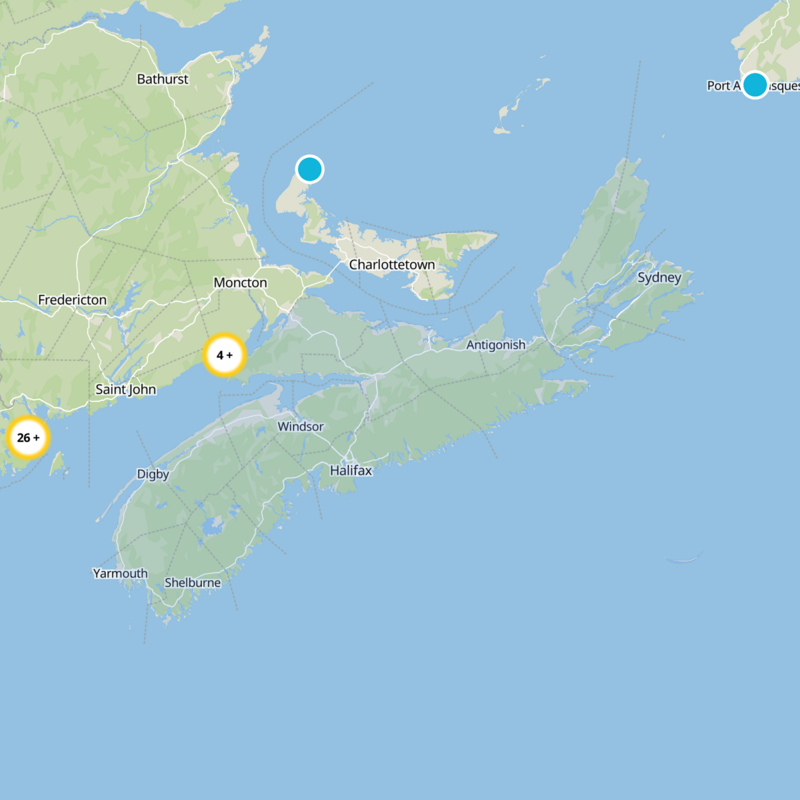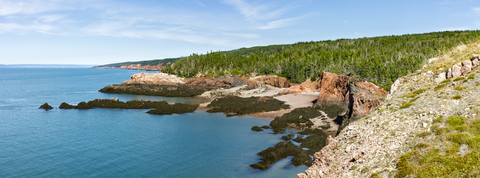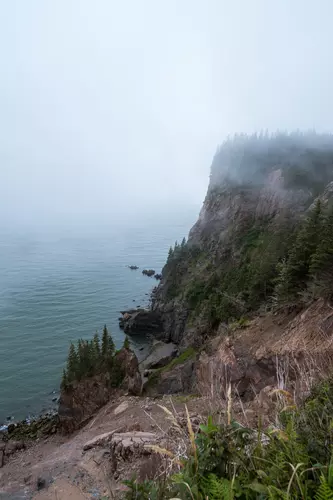"Nova Scotia's trails offer breathtaking vistas and serene beauty, weaving through its wild, captivating landscapes."
Nova Scotia, a hiker's paradise, offers a tapestry of trails that weave through its stunning landscapes. From the rugged cliffs of Cape Breton Highlands to the serene paths of Kejimkujik National Park, each trail tells a story of natural beauty. Discover hidden waterfalls, vibrant autumn foliage, and coastal vistas that take your breath away. Whether you're trekking the Skyline Trail or exploring the Bay of Fundy, Nova Scotia promises adventure and tranquility, inviting you to explore its wild heart.
Most popular hikes
FAQs about hiking in Nova Scotia









